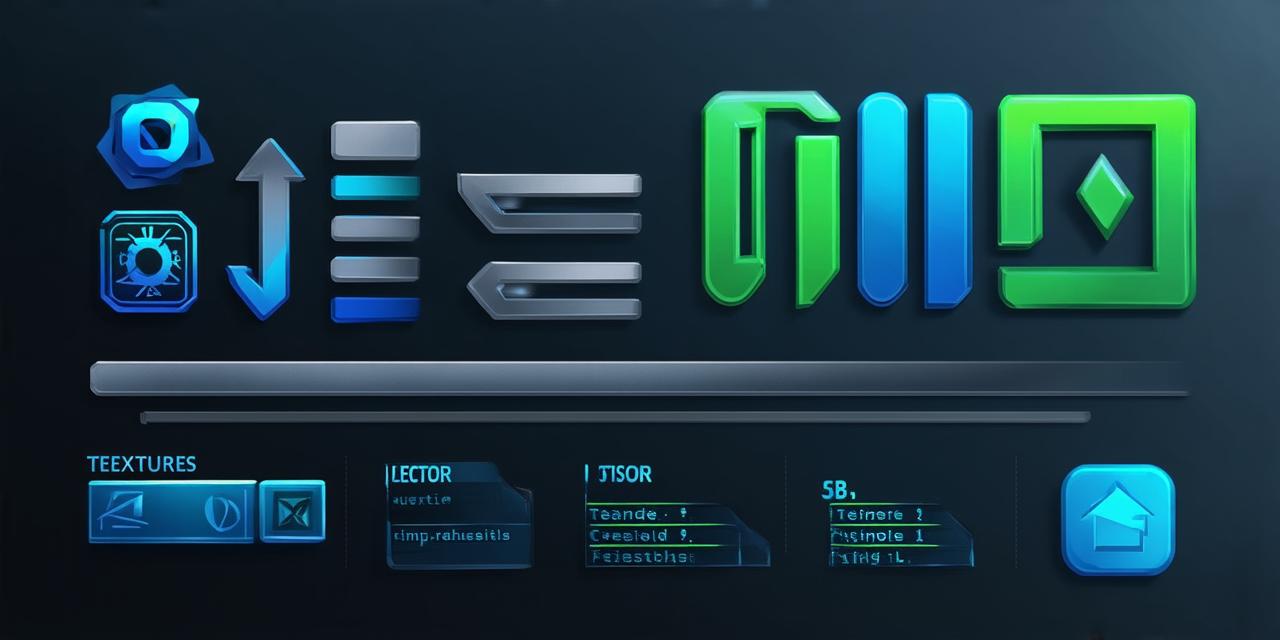Unity is a powerful game engine that allows developers to create immersive experiences across multiple platforms. To get started with Unity, it’s important to have a solid understanding of some key concepts.
Scene and Object Management
Scene
A scene is the main building block of any Unity project. It represents a single level or environment within the game. When you create a new scene, Unity creates an empty scene with a default camera. You can then add objects to the scene and manipulate them as needed.
Objects
Objects are individual entities that exist within the scene. They can be anything from game characters to environmental objects like trees or buildings. Unity supports two types of objects: GameObjects and Prefabs. GameObjects are unique instances of an object that can have their own transformations, scripts, and components. Prefabs, on the other hand, are reusable objects that can be instantiated multiple times in a scene.
Transformations
Transformations allow you to manipulate the position, rotation, and scale of objects within a scene. Unity supports three types of transformations: Position, Rotation, and Scale. You can use these transformations to move, rotate, and scale objects as needed.
Components
Components are scriptable objects that provide additional functionality to GameObjects. There are many built-in components in Unity, including Rigidbody for physics simulation, Renderer for rendering graphics, and Collider for collision detection. You can also create custom components to add unique functionality to your games.
Scripting
Scripts are small programs that run on the computer’s CPU and provide the logic for your game. Unity supports several scripting languages, including C and JavaScript. You can write scripts using these languages to control GameObjects, handle user input, and implement other game logic.
Physics Simulation
Rigidbody
The Rigidbody component is used to simulate the physics of objects in your scene. It provides properties for mass, velocity, and acceleration, as well as a collision detection system. You can use the Rigidbody component to create realistic physics-based simulations in your games.
Collider
Colliders are used to detect collisions between GameObjects. Unity supports several types of colliders, including Box Collider, Sphere Collider, and Capsule Collider. You can use these colliders to create complex collision detection systems and ensure that objects interact in the expected way.
Animations
<p
